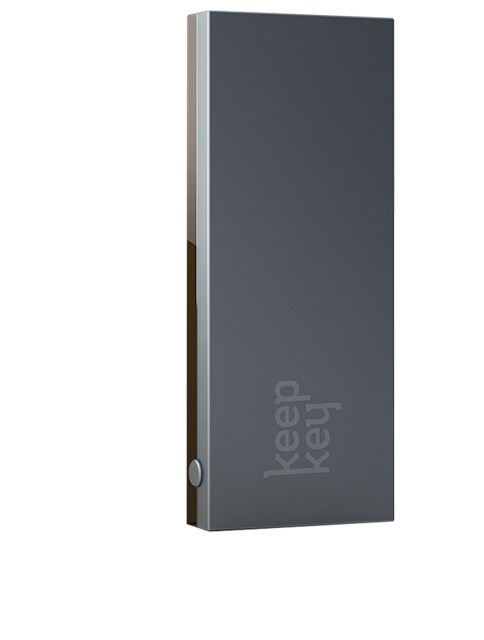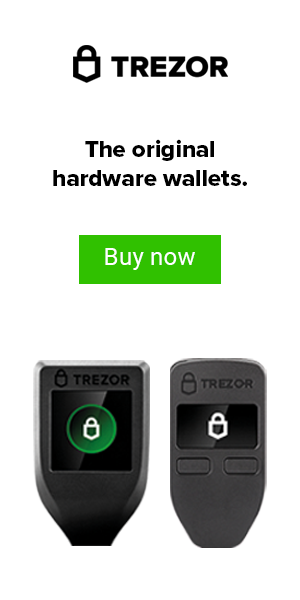Cryptocurrency investing continues to make major headlines as digital tokens like Bitcoin and Ripple surge in price. Some investors are proceeding with caution, however, in the wake of problems for one of the most popular cryptocurrency exchanges. The Kraken exchange platform recently went down for almost 40 hours, reminding investors of the vulnerability of untrusted exchanges.
The Pitfalls of Bitcoin Security
One of the strong selling points of Bitcoin and other cryptocurrencies is security. The truth is that Bitcoin has faced numerous security threats since it was introduced in 2009. One of the most famous occurred in 2014 at an exchange known as Mt. Gox.
The Bitcoin security breach at Mt. Gox resulted in hackers stealing 850,000 Bitcoin. The digital coins had a value of more than $11 billion.
Prior to the collapse of Mt. Gox, the downfall of the infamous Silk Road also saw millions in cryptocurrency confiscated by authorities. The takeaway from these incidents is that the cryptocurrency market presents an inherent risk of loss due to security breaches.
The Kraken Incident
Kraken announced in January 2018 that its platform would undergo routine system maintenance that was expected to take a few hours. The maintenance began on a Thursday and as Friday came and went the site remained down. Investors immediately began to panic as comparisons with Mt. Gox were hard to avoid. It took Mt. Gox many days to acknowledge the crippling theft of 2014.
More than 40 hours later the Kraken website was up and running. Even so, the faith of many investors was shaken. It also doesn’t help that many untrusted exchanges have opened in the wake of growth for some so-called altcoins like Ripple. The Kraken downtime only served to fan the fires of doubt among those who maintain large accounts on exchanges for trading.
A Hole in Cryptocurrency Exchange Security
One of the core concerns with security at cryptocurrency exchanges seems to revolve around how deposit accounts are managed. For starters, an account holder is required to maintain their cryptocurrency or cash with the exchange. This seems contrary to the foremost hallmark of digital coins–the cryptocurrency wallet.
A Bitcoin wallet or a similar wallet for another cryptocurrency is basically an address where funds can be sent and received. There are many types of wallets available. Some of them are maintained on the servers of a wallet provider while others are kept locally on the computer of the owner. There are also paper wallets which consist of a QR code that can be scanned.
When someone opens an account with a cryptocurrency exchange a wallet is usually provided as a part of the service. This wallet is stored and maintained by the exchange, making it vulnerable to any attacks on the exchange itself. Cryptocurrency exchange accounts also differ from traditional investment accounts in that they are not insured by institutions like the FDIC.
Can A Hardware Wallet Offer a Solution?
Hardware wallets like the ones offered by Bitcoin Lockup are getting the attention of savvy investors who want greater security for their digital holdings. A hardware wallet is a standalone device that keeps the private keys of wallets secure. It can be stored offline and even kept on one’s person.
Hardware wallets have built-in measures that make them less susceptible to attacks by hackers, viruses, and malware. The owner of a hardware wallet does not have to surrender the control of their private keys to a cryptocurrency exchange.
Cryptocurrency investing is still in its infancy. It is certain that there will be many bumps in the road for investors. In the meantime, those who want to take advantage of the growth afforded by digital coins can mitigate the risk of loss by using a hardware wallet.









